The demand for diesel cars is set to slump due to concerns over emissions and pollution, according to a survey commissioned by Autocar, with more than a sixth of all motorists planning to buy a hybrid or electric car next.
In the wake of ongoing controversy about emissions and the Volkswagen Dieselgate scandal, Autocar teamed up with leading survey research advisor Simpson Carpenter to conduct a study on the attitude of motorists towards diesel engines. More than 1000 interviews were undertaken for the study in May.
Diesel engines: your questions answered
The results show that despite diesels currently accounting for around four in 10 cars on UK roads, just 23% of motorists plan to buy a diesel as their next car. Notably, more than half of all current diesel owners plan to switch to another fuel type.
Opinion: Why diesel controversy could be a tipping point for EV take-up
Jaguar Land Rover boss: there's nothing wrong with buying a diesel
Motorists turning away from diesel – and towards electric
The survey results showed that diesel owners currently comprise 38% of UK motorists, while just 2% of motorists owned a hybrid or electric machine.
But when asked what type of engine their next car was most likely to be powered by, less than one in four said they intended to buy a diesel. That drop contrasts sharply with a surge in demand for battery cars – 17% of motorists say their next car will be hybrid or electric-powered.
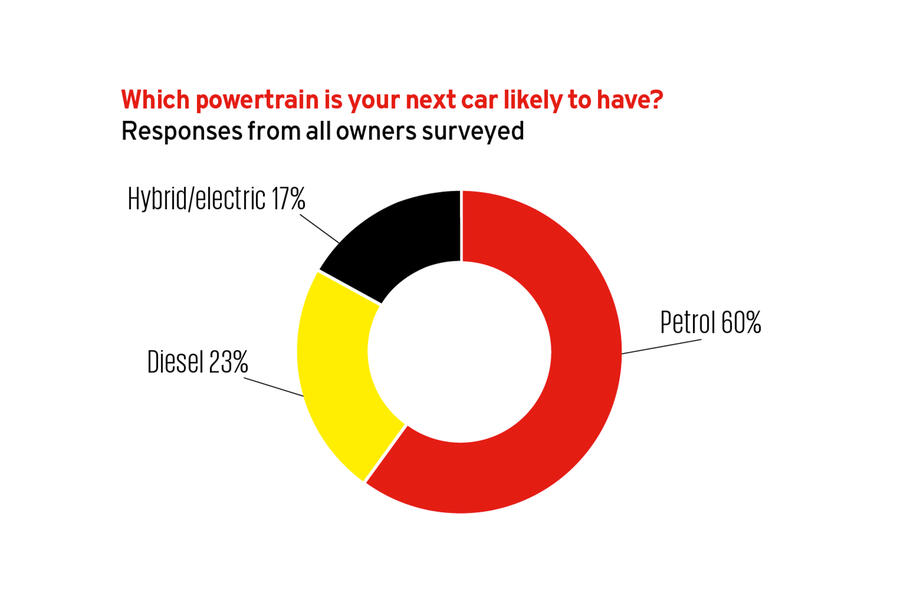
The survey also shows that current diesel owners are turning away from the engine format. Just 46% of drivers who currently own a diesel intend to replace it with a car featuring the same engine type, while 22% say they will invest in a hybrid or electric car.

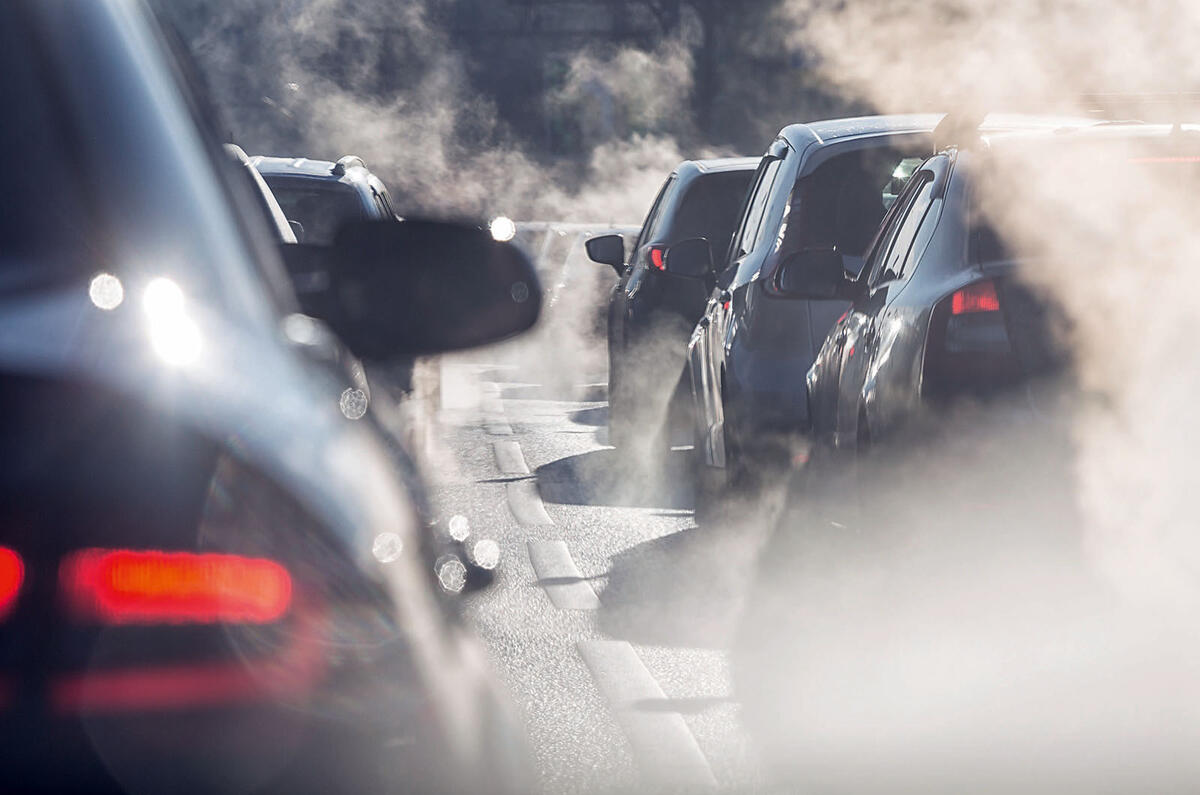












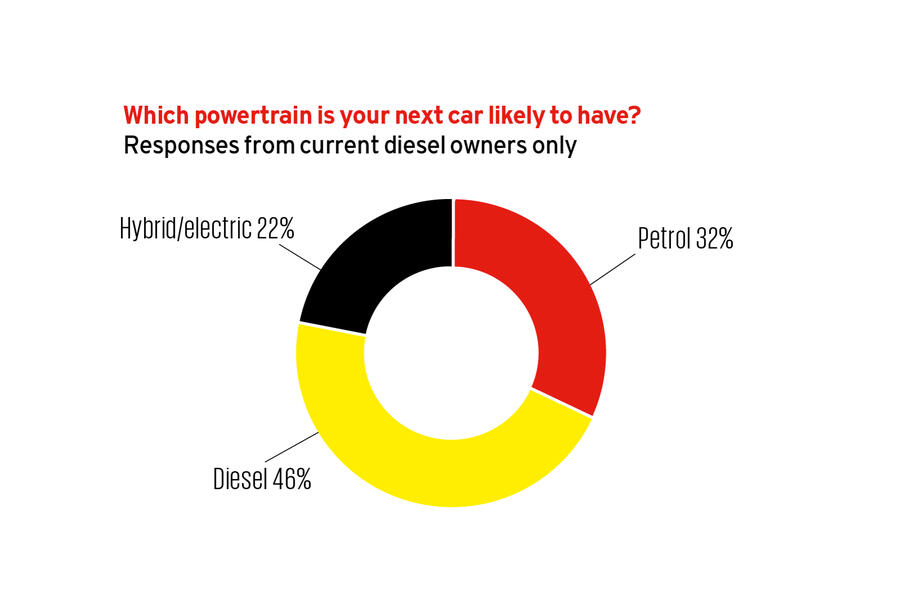
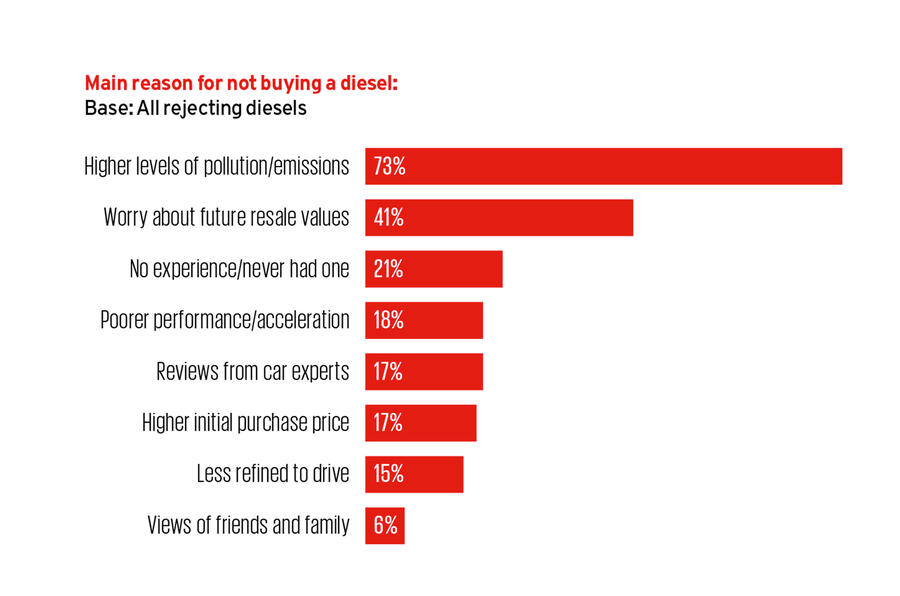
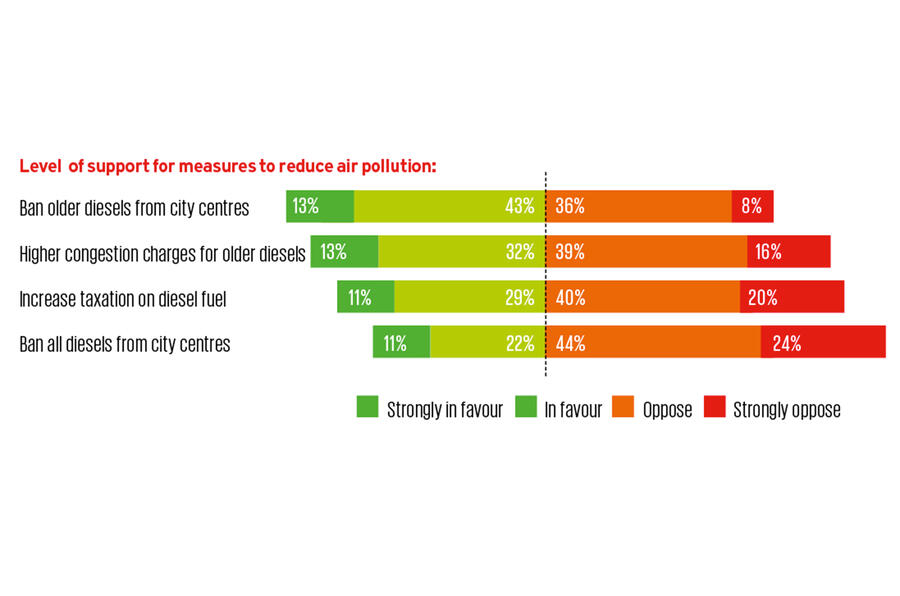






Join the debate
Add your comment
not many people understand figures
The car manufacturers are pouring out more high powwered small capacity petrol engines which will in turn become contoversial due to their emissions of even smaller soot particles than diesel so this has notr hit the fan yet,consequently the small cars up to 2 litre will go back tp petrol short term,diesels atre costinfg more due to emissions etc the add blue system etc.So it is obvious foer under 2 litre it will revert to petrol again especially up to 1600cc non suv small cars.it makes you lugh thinking of China wanting all electric asap when they pollute like hell with dirty coal generation for their grid. Don't worry as all are bad electric ,petrol and diesel , I think legs are good , but just a bit slow ,especially pulling a caravan or boat.
Choices?
Now, when electric vehicles are viable (in terms of infrastructure, overall electricity production costs, battery recycling programmes, etc.) and not just in debatable 'ranges per charge', we can have a proper discussion.
For now we have to accept the dubious statistics put out by one side or the other depending on their vested interests: hardly the way to make truly informed choices!
Myths on Diesel
Oops